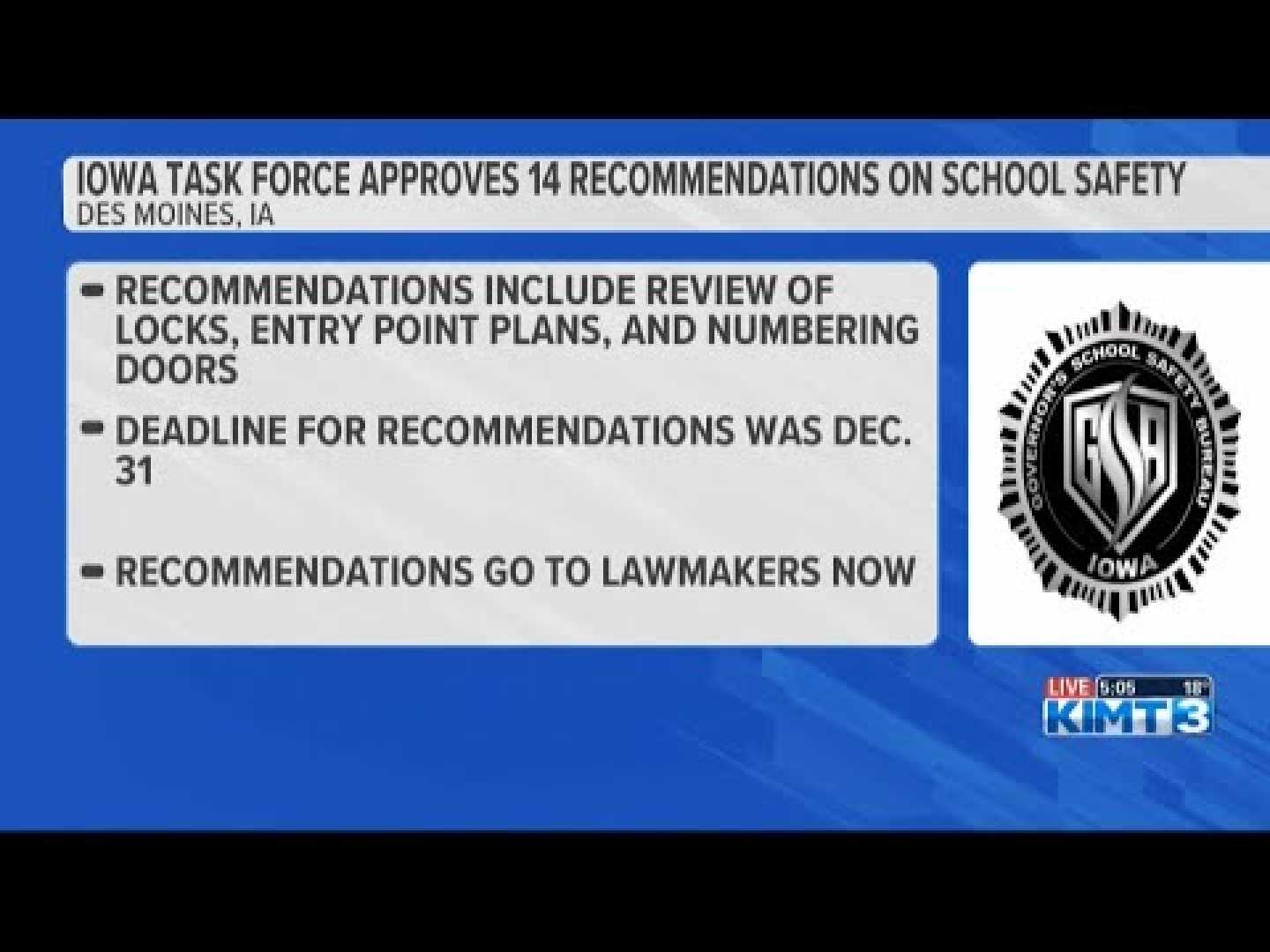Education
Iowa Task Force Proposes Changes to Teacher Pay and State Employee Benefits

Des Moines, Iowa — Governor Kim Reynolds is exploring government efficiency ideas that focus on teacher performance and state employee benefits. A task force unveiled 45 recommendations during a meeting on Wednesday, with a final vote on the changes set for a later date.
Task force member Terry Lutz noted that while Iowa has increased funding for K-12 education, the state’s rankings in math, reading, and science have dropped to the middle of the national pack. Lutz pointed out that the current funding model does not link teacher and administrator compensation to student achievements.
“Our current system rewards teachers and administrators for their length of service or the duties they take on, with no ties to student achievements,” Lutz said. “This system does not reward excellence in education.” He indicated that the proposed “pay for performance” model would tie salaries to student outcomes and introduce dashboards for comparing spending to student success.
Additionally, Lutz highlighted discrepancies in state employee benefits compared to the private sector. He recommended eliminating the state’s public employee pension plan known as IPERS, replacing it with a defined contribution program, as the current plan leads to significant liabilities for Iowa.
“Currently, the state is contributing nearly 70% to an employee’s retirement plan, where the employee is contributing only 30%,” Lutz explained. “In the private sector, these percentages would almost be the opposite.” He also mentioned the need for state employees to pay more towards their health insurance.
Iowa Department of Government Efficiency (DOGE) Task Force Chair Emily Schmitt emphasized the importance of benchmarking against the private sector. “It was put on us as the task force to really look at how we run a state like a business, where we’re getting the results and looking at the outcomes,” she said.
The task force is also aiming for local governments to share services to improve efficiency and reduce costs. Schmitt noted that the committee faces a Sept. 29 deadline to submit the final recommendations to the governor, which could then be considered in the 2026 legislative session.
Task force member Reynolds Cramer, CEO of Fareway, believes the proposed changes would benefit the state and its workforce. “It does not matter who is in the governor’s seat; what matters is the effective spending for our workforce and retaining graduates in Iowa,” he said.












